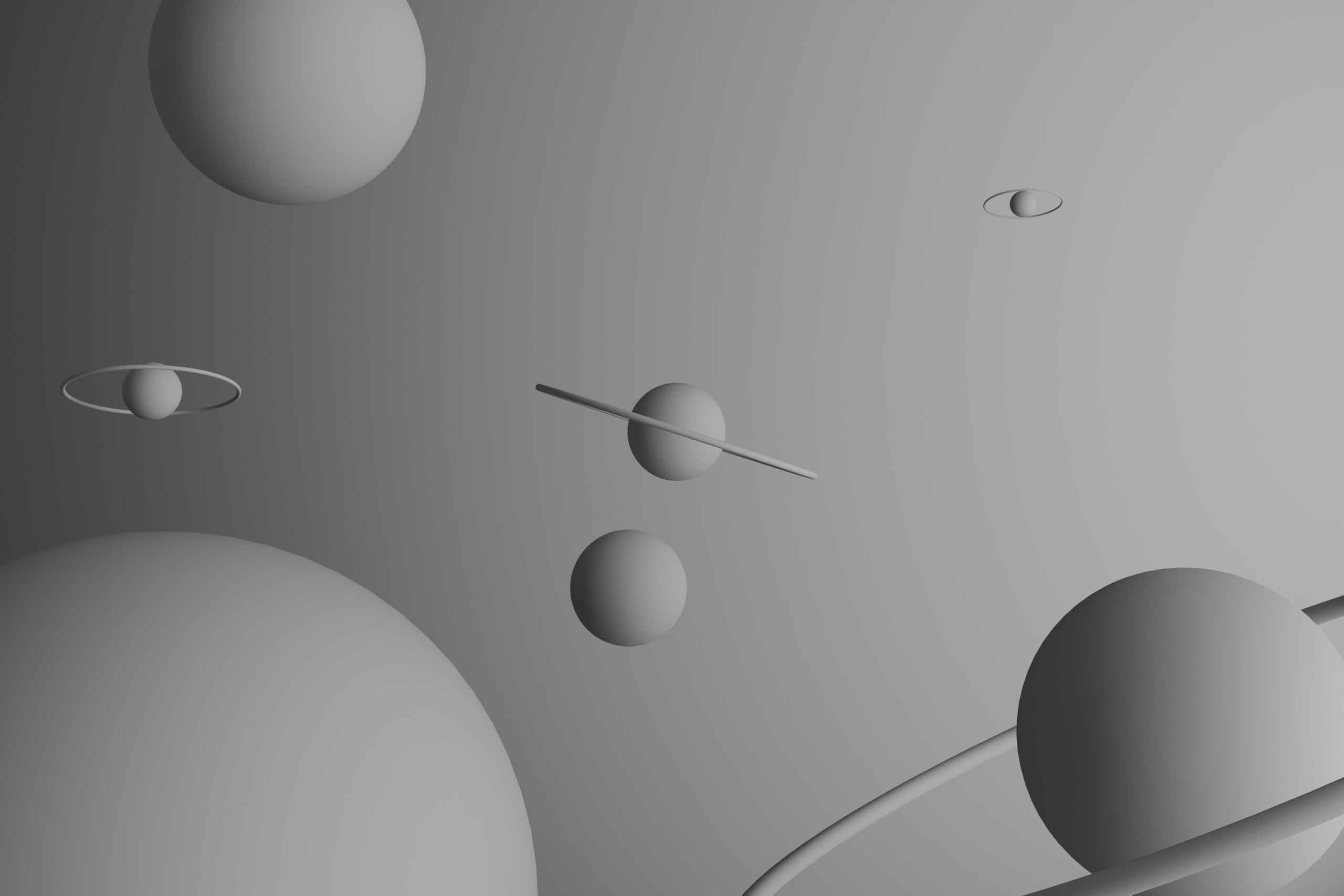Developmental Psychology Info Sheet
What is Developmental Psychology?
Developmental Psychology is the scientific study of how humans develop and change over time from conception through old age. It focuses on cognitive, emotional, social and physical development.
Key Concepts and Theories:
- Nature vs. Nurture: Debates the extent to which genetics and environment affect human behavior and development.
- Piaget's Theory of Cognitive Development: Children's mental abilities progress through four distinct stages of development.
- Erickson's Theory of Psychosocial Development: Eight stages that occur throughout the lifespan where psychological crises must be resolved for healthy development.
- Attachment Theory: Strong emotional bond between a child and primary caregiver is crucial for the child's emotional development.
- Vygotsky's Sociocultural Theory: Emphasizes the role of culture in cognitive development.
- Bronfenbrenner's Ecological System Theory: Shows how external factors like family, community, and society shape a child's development.
Stages of Development:
- Prenatal Development: Conception to Birth
- Infancy: Birth-2 years old
- Early Childhood: 2-6 years old
- Middle Childhood: 6-11 years old
- Adolescence: 11-18 years old
- Emerging Adulthood: 18-25 years old
- Adulthood: 25-65 years old
- Late Adulthood: 65 years old and above
Research Methods:
- Cross-Sectional Research: Compares groups of individuals across different ages at the same time.
- Longitudinal Research: Follows the same group of individuals across time.
- Experimental Research: Manipulates variables to determine cause and effect relationships.
Applications of Developmental Psychology:
- Education: Understanding how children learn and develop helps educators tailor curriculum to support their needs.
- Childcare and Parenting: Knowledge of child development helps parents and caregivers understand their children's needs and respond appropriately.
- Healthcare: Understanding developmental stages informs healthcare providers on the specific care needed for each stage.
- Social Policy: Developing policies that support healthy child development can improve outcomes and positively impact society.
Takeaways:
- Developmental Psychology studies the way humans develop and change over time, both physically and mentally.
- Different theories and concepts offer explanations and frameworks for understanding development.
- Lifespan development is divided into eight stages that reflect different phases of human growth.
- Research methods such as cross-sectional, longitudinal, and experimental research help researchers understand the complexities of human development.
- Developmental Psychology has practical applications in education, healthcare, parenting, and social policy.
